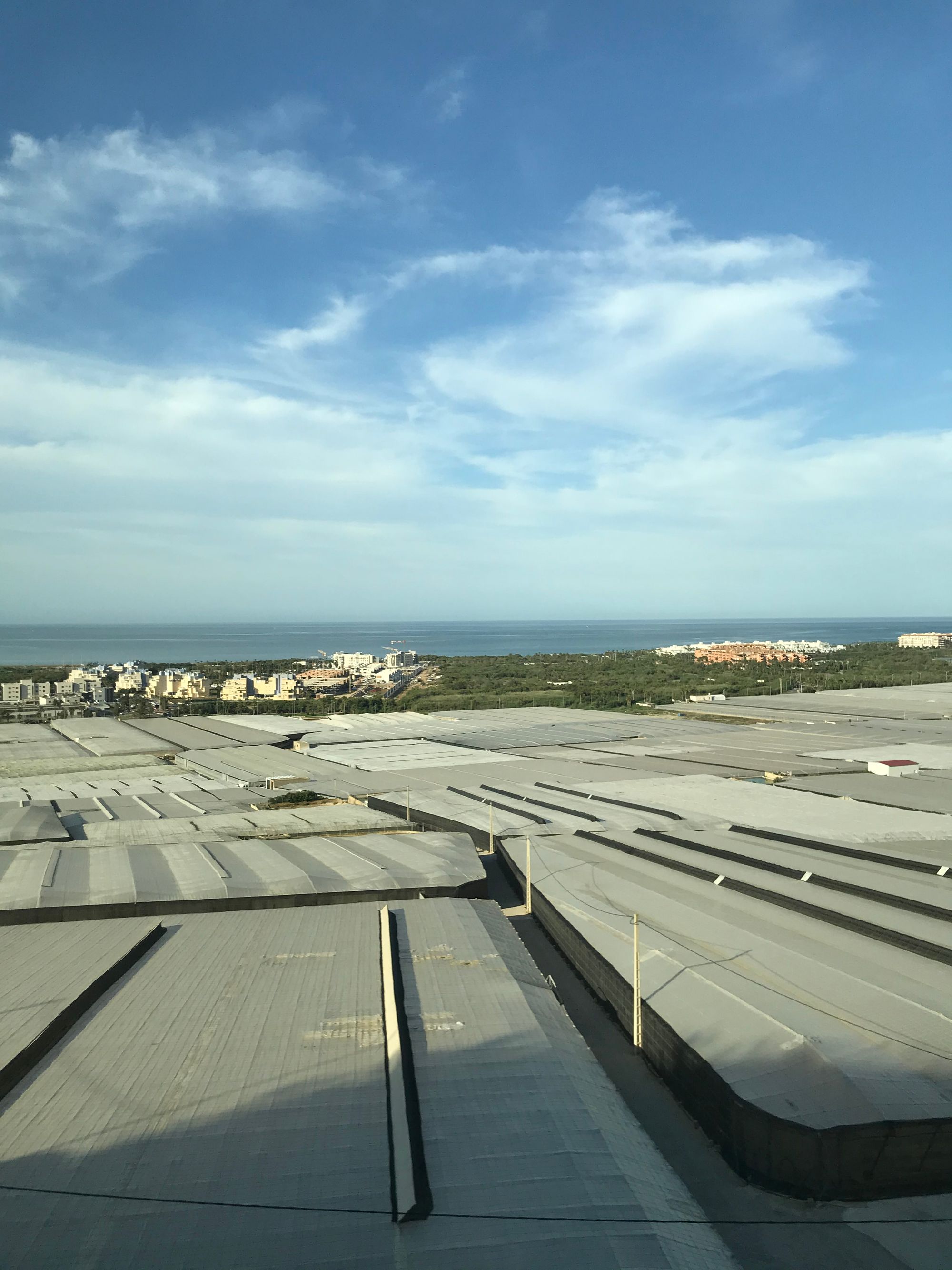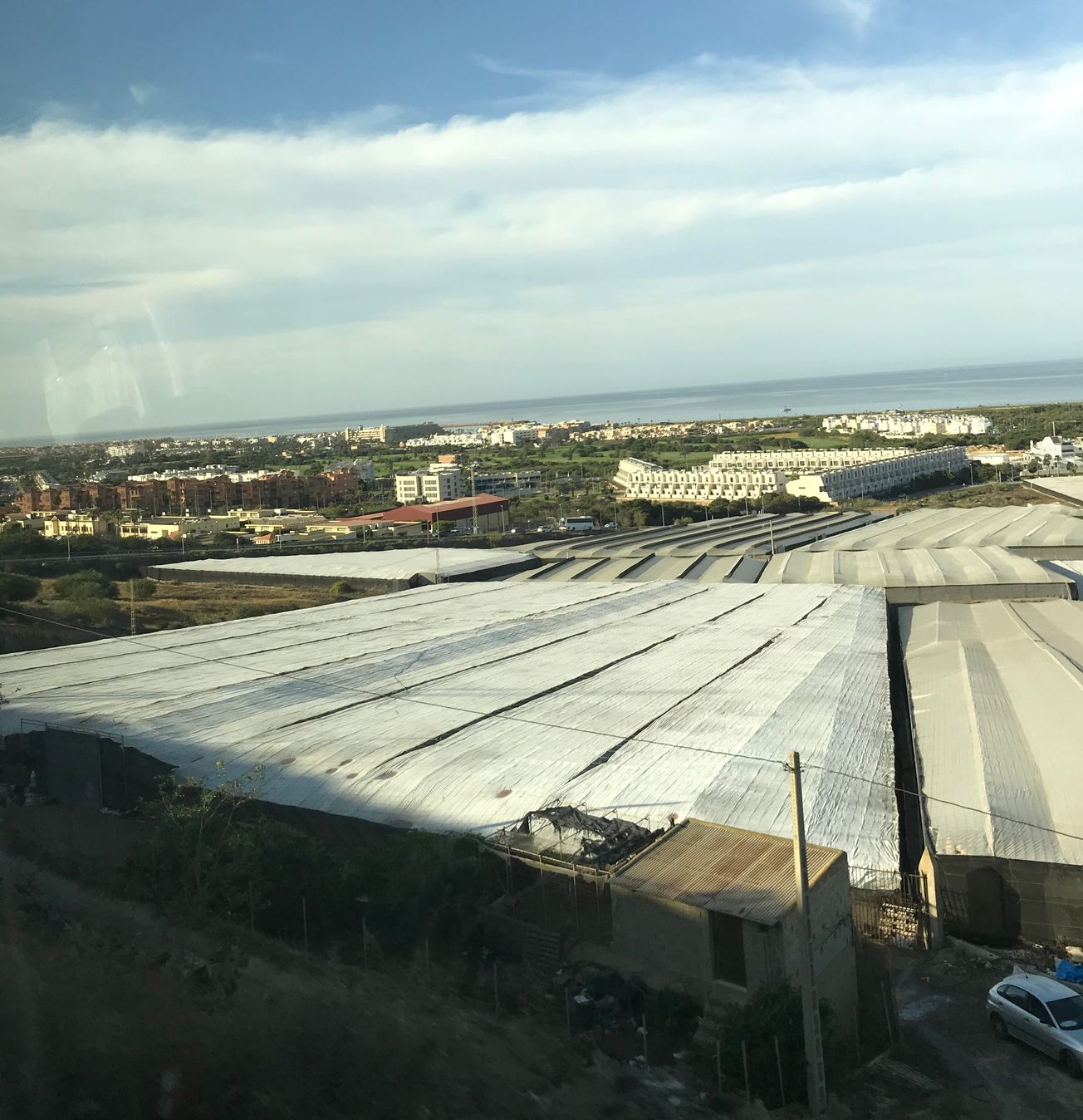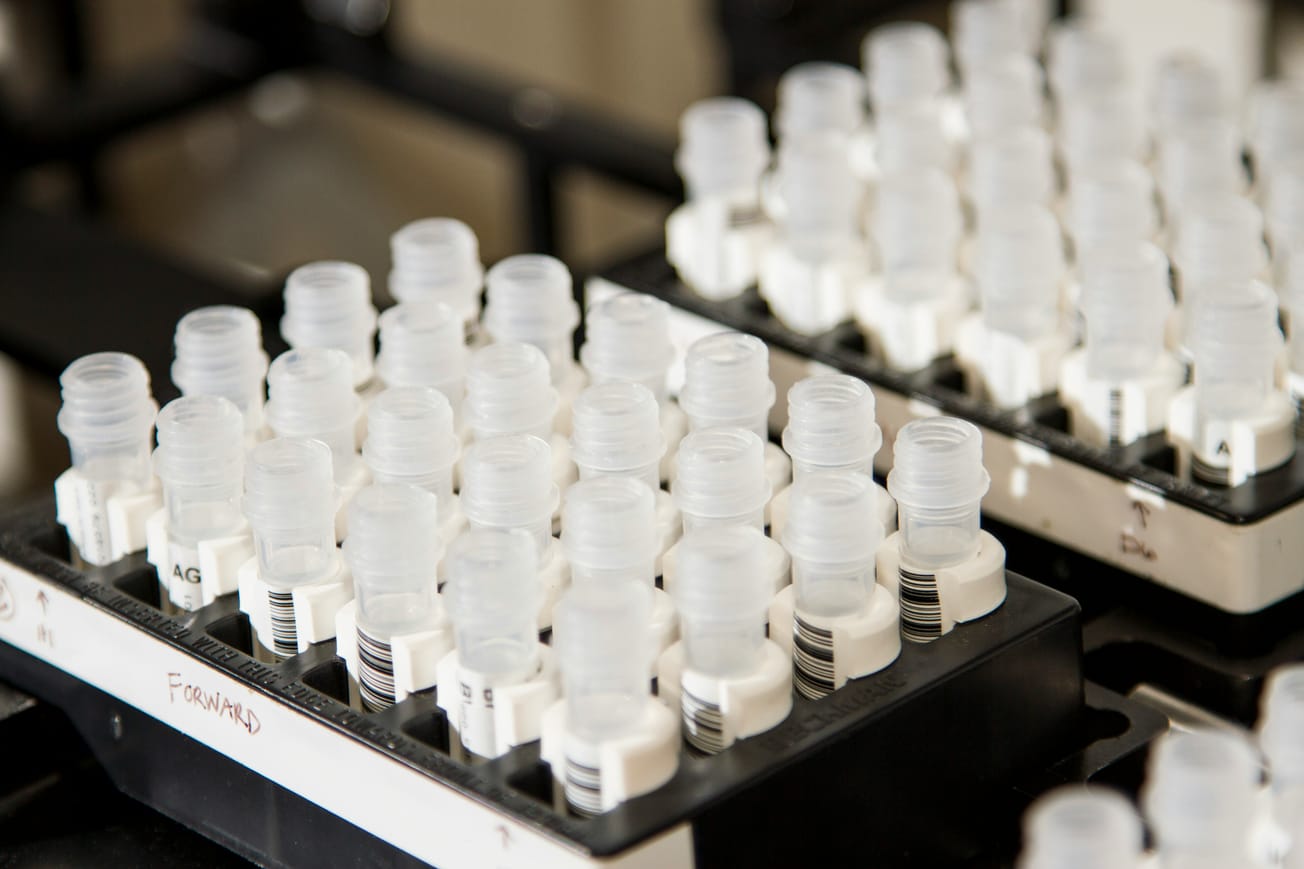By Sophia Choudhury, Third Year French and Spanish
From the foothills of Sierra Nevada to the Mediterranean near the city of Almería, some 30,000 hectares of greenhouses are visible on satellite images of the area, showing the physical extent of an agricultural industry that produces roughly 3.5 million tonnes of fruit and vegetables annually. 400,000 tonnes of this produce is shipped to the UK, stocking the shelves in our supermarkets. Chains such as Sainsbury’s, Tesco, Aldi and Lidl all benefit from the work carried out by the workers in these greenhouses, in conditions that can only be described as slave labour.
Many people are now disconnected from where their food comes from.
— Food Connections (@Bristolconnect) June 7, 2021
We've been capturing the stories of the people who feed us and why they farm, what their life as a farmer is like, and how COVID-19 has impacted them as producers.
Find out more: https://t.co/GGZgJaXIpU pic.twitter.com/FS9kap6V4O
Workers are paid less than the legal minimum wage in Spain (€950 a month), live in squalid, cramped conditions with no electricity and running water and are exposed to extreme temperatures as well as to pesticides with no protection. The workers in the greenhouses also find themselves without the correct immigration and work documents, including a lack of work contracts, which is illegal in Spain. As many are in the country illegally, their struggle for basic human rights is exacerbated as they are alienated from the system, with no possibility of having their voices heard.
So what needs to be done, and how can students help?
Firstly, supermarkets need to be held accountable for the role they play. A major contributor to this problem is the constant demand for fresh, top-quality produce, with no thought given to the producers who are sacrificed in the process. The desired profit margins at each step of the distribution and supply chain mean that the workers in the greenhouses are not being paid enough for the work they are doing, which the supermarkets have no problem turning a blind eye to.
Despite many initiatives encouraging ‘Fairtrade’ in South America and Africa, agricultural workers in Spain are still being ignored and left behind as people are unaware and ill-informed that there might be people closer to home who also need help. It is hard to know just how, as a student body, we could make a difference. However, the University of Bristol has recently received two sustainability awards, one of which involves being given Fairtrade status, that recognises 'ethical and sustainable practices [in] catering, supply chains and curriculum.’
Some good news!
— Bristol University 🎓 (@BristolUni) July 14, 2021
We've just achieved Fairtrade status AND we've won a Zero Waste award for slashing waste across the campus
Plus all 990 of our laboratories now have Green Labs Certification, a world 1st 🏆
It's been a good week for #sustainability!
👉https://t.co/fqDJllqf8f pic.twitter.com/iFGhELPg9b
Bristol has certainly borne witness to the rise of veganism and vegetarianism, and the subsequent demand for fresh fruit and vegetables - something that is arguably being taken for granted by many people in western society. The rights and treatment of animals is often listed as a factor for why people choose this lifestyle. However, the demand from consumers is exponentially increasing the pressure on the human producers and compromising their working conditions and wellbeing.
On top of this, the supermarkets’ and distribution companies’ prioritisation of efficient business models over basic human rights for workers means that the consumer has to take matters into their own hands. Whilst boycott attempts can be made by buying produce grown elsewhere, even the most conscious shoppers still struggle to steer completely clear.

While in some instances the names and locations of the farmers are printed on the packaging to suggest the existence of fair-trading practices, chain supermarkets often hide the fact that they are being supplied by farms elsewhere that don’t look after their workers. They manage this by listing either the distributor, such as Mayes, or just ‘Spain’, intentionally concealing the exact location to hide the inhumane practices at the beginning of the supply chain.
Clearly something needs to change and starting a conversation about the situation in the greenhouses and the exploitation of the workers is an important first step. The city of Bristol and its students pride themselves on their activism, particularly regarding sustainability and climate change, with strikes and protests proving fruitful on many occasions.
The scale of the abuse and exploitation requires widespread action, but as an individual there is a variety of things that can be done. Reaching out to the supermarkets responsible and pushing them to change their practices , as well as shopping locally where possible will go hand-in-hand to start enacting change.
Evidence suggests that foreign support for greenhouse workers who go on strike can lead to action. Back in September 2019, volunteers from Germany travelled to support exploited workers in person. Therefore initially being aware of the situation is an important step, but then publicly condemning the situation can force the hand of the companies in charge.
A Fairtrade future for Bristol?
Bristol University's Fairtrade Network demand 100 per cent ethical cotton at SU shop
I only discovered this disturbing situation after being surrounded by the greenhouses on my year abroad, but after finding out just exactly what goes on inside, it is simply impossible to stand back and not fight on behalf of the overlooked workers. By sharing the reality of our buying habits with a wider audience, we are taking the first step in combatting this massive problem while encouraging the rest of the Bristol community to do so too.
Featured Image: Sophia Choudhury
Have you been shopping locally?









